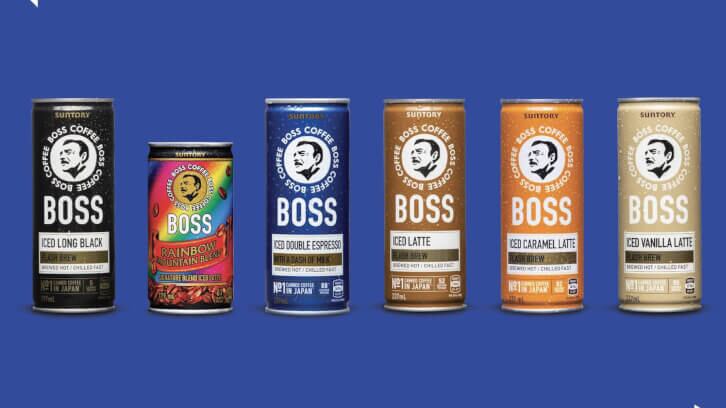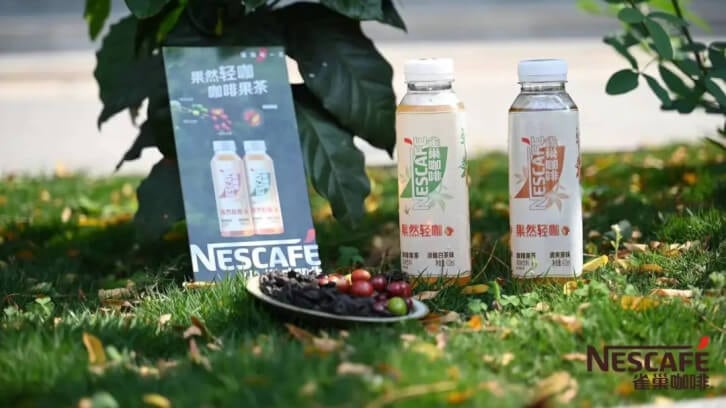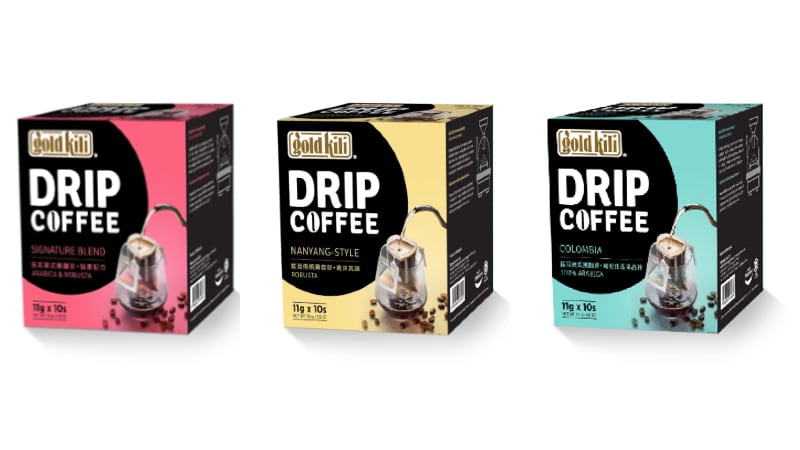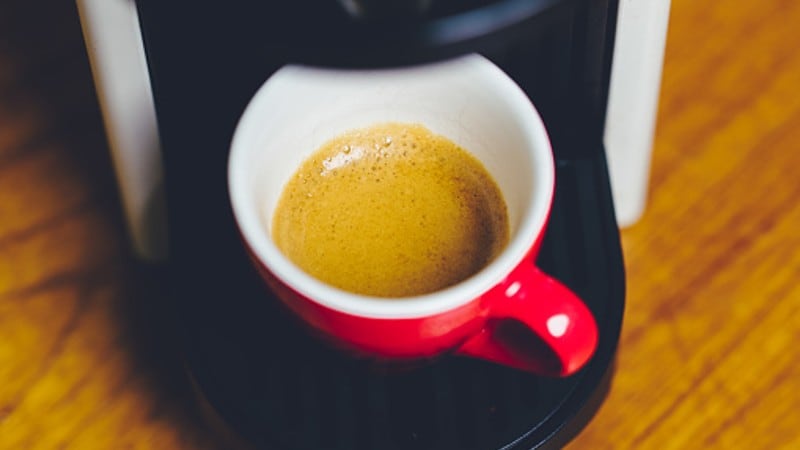BOSS coffee is one of Suntory’s best-known products, and is the most popular canned coffee brand in the Japanese market, easily recognisable by its unique logo of a moustached old man smoking a pipe.
Speaking at the Food and Beverage Innovation Forum (FBIF) 2024 show in Shanghai, China recently, original designer of the BOSS logo and current Suntory Creative Director Hiroyuki Ishiura revealed some of the crucial design elements behind the iconic logo that brought the brand to worldwide attention.
“We often hear that packaging needs to appeal to consumer emotion to be attractive, but there is a deeper layer to this that needs to be understood – such as the concept that the packaging of a product is in fact very strongly correlated with a human being,” Ishiura told the floor.
“To put it simply, all humans have a name and the product has a logo; humans all have an identity and the product has a brand; we have faces and products have icons, we have bodies and products have shapes, we have clothes and these have graphics, we have voices and these have copy – in short, every product essentially has its own personality as well.
“So in order to bring consumers in, it is crucial to build up a relationship between consumer and product – and this is where design is instrumental and the brand needs to be strong as the bridge for this interaction.
“Specifically for the BOSS logo, when I designed this 32 years ago it was not expected that this would become such a long-lasting brand, but it was designed with one aspect very firmly in mind which was empathy – this is particularly crucial as it is important to ensure consumers can relate to the brand and elevates this from being more than just an image or a shape.
“At the time, the target audience for BOSS was mainly blue-collar workers who needed an energy boost such as drivers, labourers or construction workers, so we positioned the brand to be a ‘partner’ of sorts for these consumers, and I created the BOSS logo as a sort of positive affirmation for them that they also might become a ‘boss’ in the future by working hard.”
Getting specific messages through to consumers can be very difficult for brands though, as there is very limited space on every product label, and Ishiura believes that it is very important for brands to master the use of metaphors to overcome this hurdle.
“The entire concept of a product needs to be embodied by its packaging design, and with limited time and space to connect with consumers, a good way to transmit the meaning through quickly and effectively is by utilising metaphors,” he said.
“For example, with BOSS my idea was to use the metaphor that ‘canned coffee is like life’ – and this makes good sense as coffee is both bitter and sweet whereas life in general is both tough and kind with good times and bad times.
“It may seem [whimsical] but in fact this sort of metaphor really gets through to consumers as it can relate the coffee in their hand to their own lives, which naturally brings them even close to the BOSS brand.”
Stability before play
The longstanding durability of the BOSS brand has also enabled Suntory to develop interesting insights into the when certain elements of change can be introduced – such as Ishiura’s advice that ‘playfulness’ in design should only come into play after a brand has become well-established enough.
“There are over 300 products in the BOSS portfolio now, and it has become well-accepted and something of a norm in society – and once this stabilisation is reached, it becomes important to incorporate the element of playfulness and creativity to increase relevance,” he said.
“That said, doing this too early is not a good idea [as it might dilute the branding] – it took us 10 years after launch of the original BOSS brand before we could make some colourful and playful changes to the designs for individual items, e.g. giving the BOSS logo hands, a body, a newspaper, a steering wheel and so on to highlight this was a person in different life situations.
“We took this to the next level 15 years later, launching an Espresso Only product meant to target consumers on vacation and for this, we actually removed the boss from the BOSS logo entirely and just left the pipe to symbolise that no one wants to see their boss on their vacation – but this sort of designing is only possible after the brand has grown to become mature enough or consumers would find it difficult to follow.”





